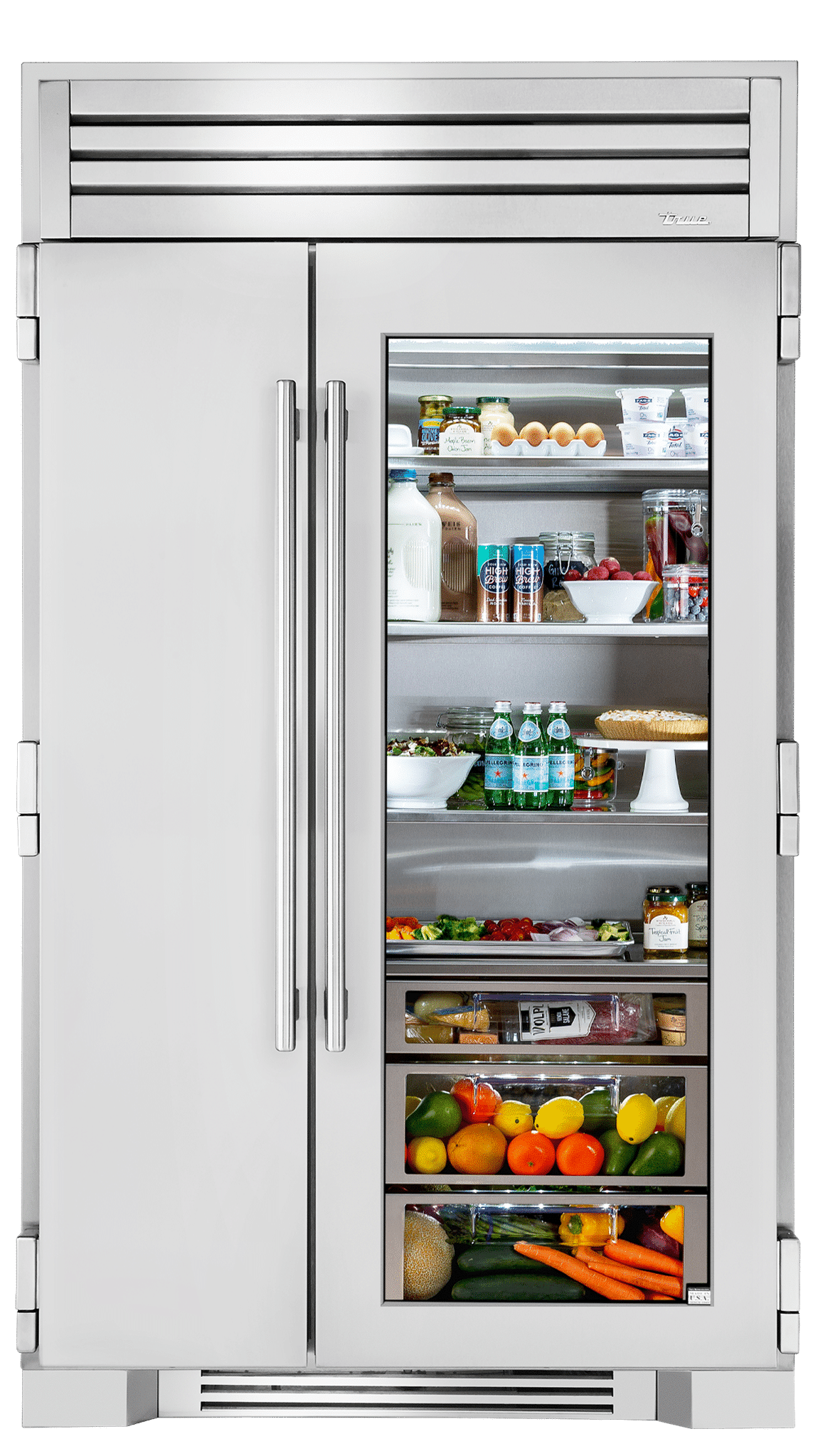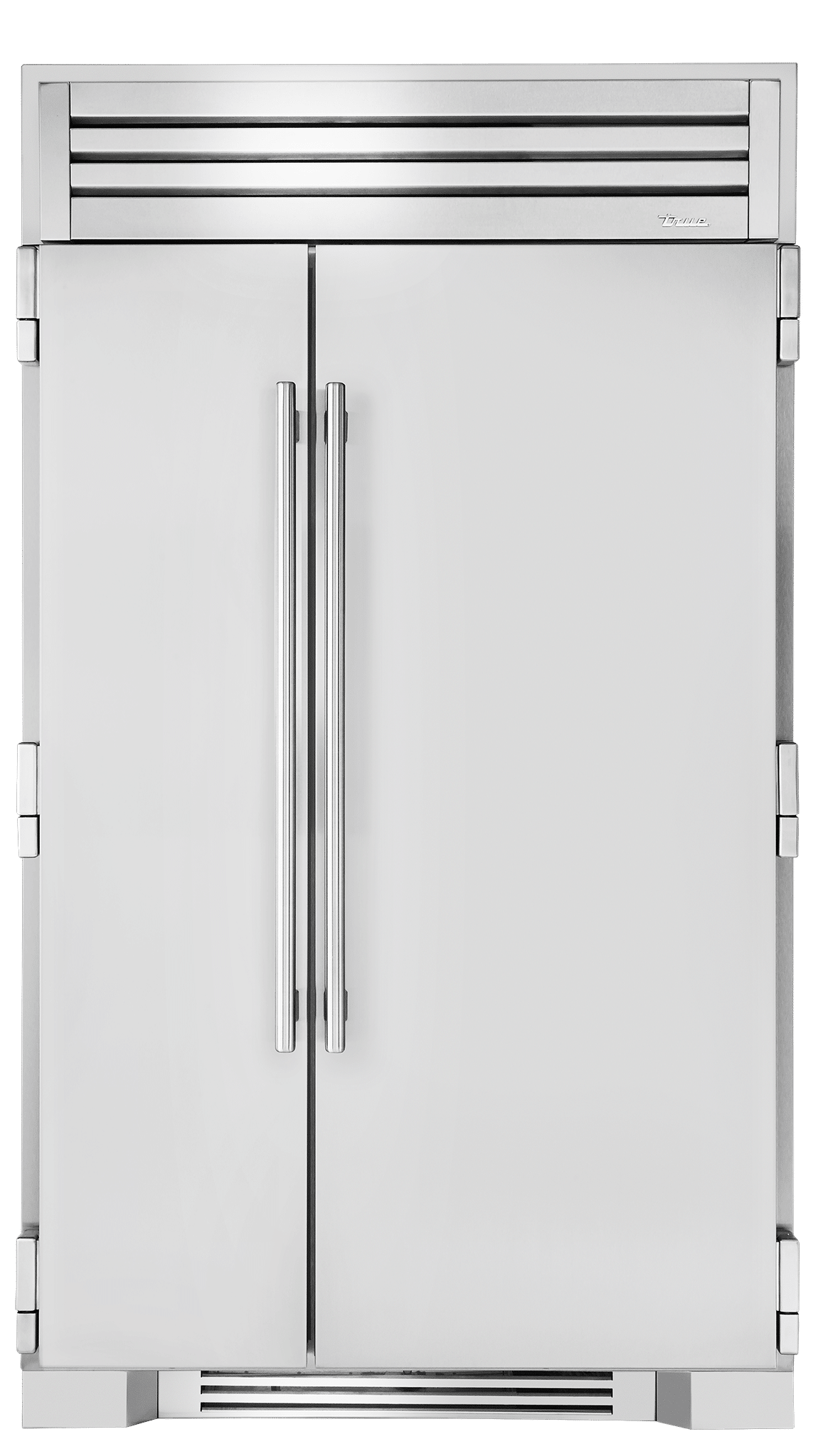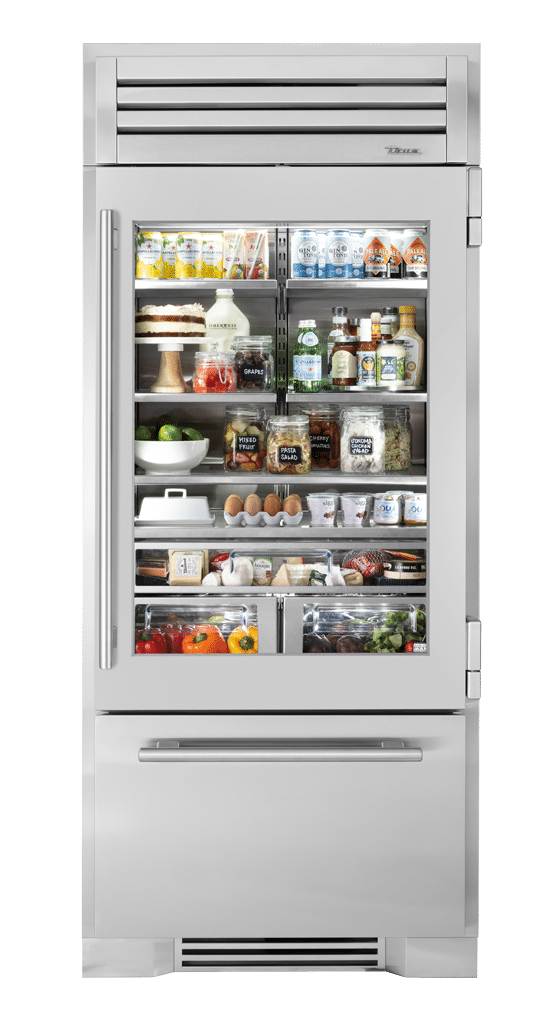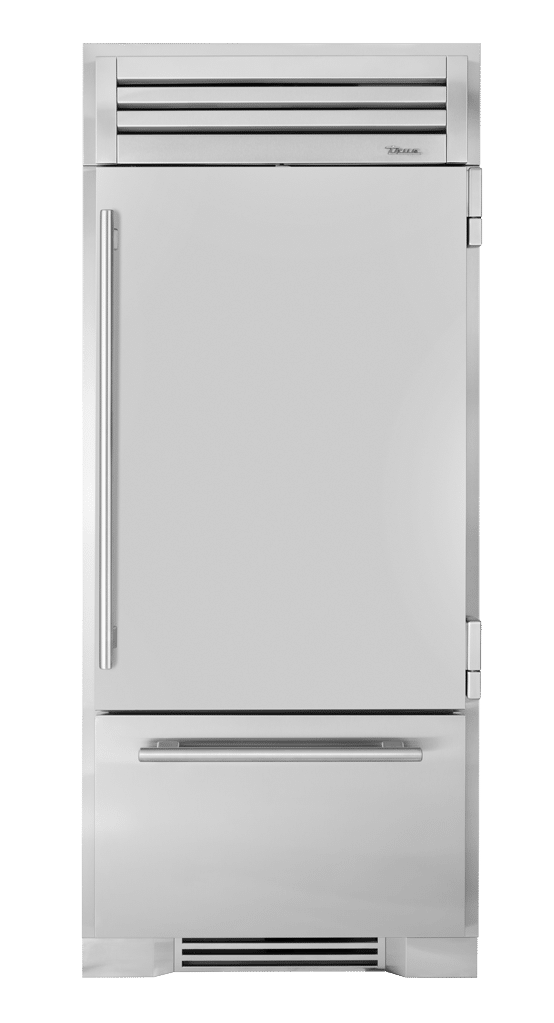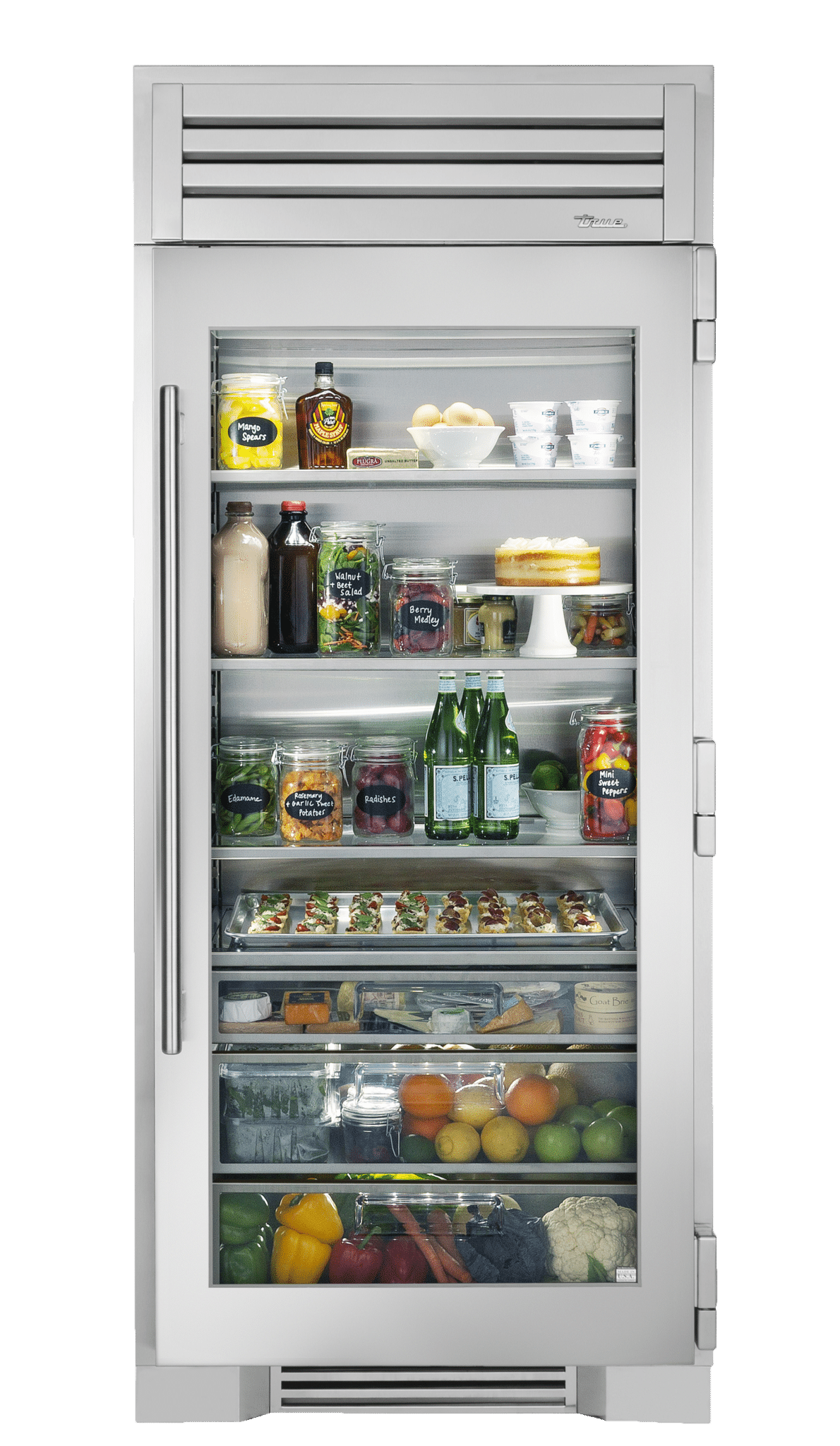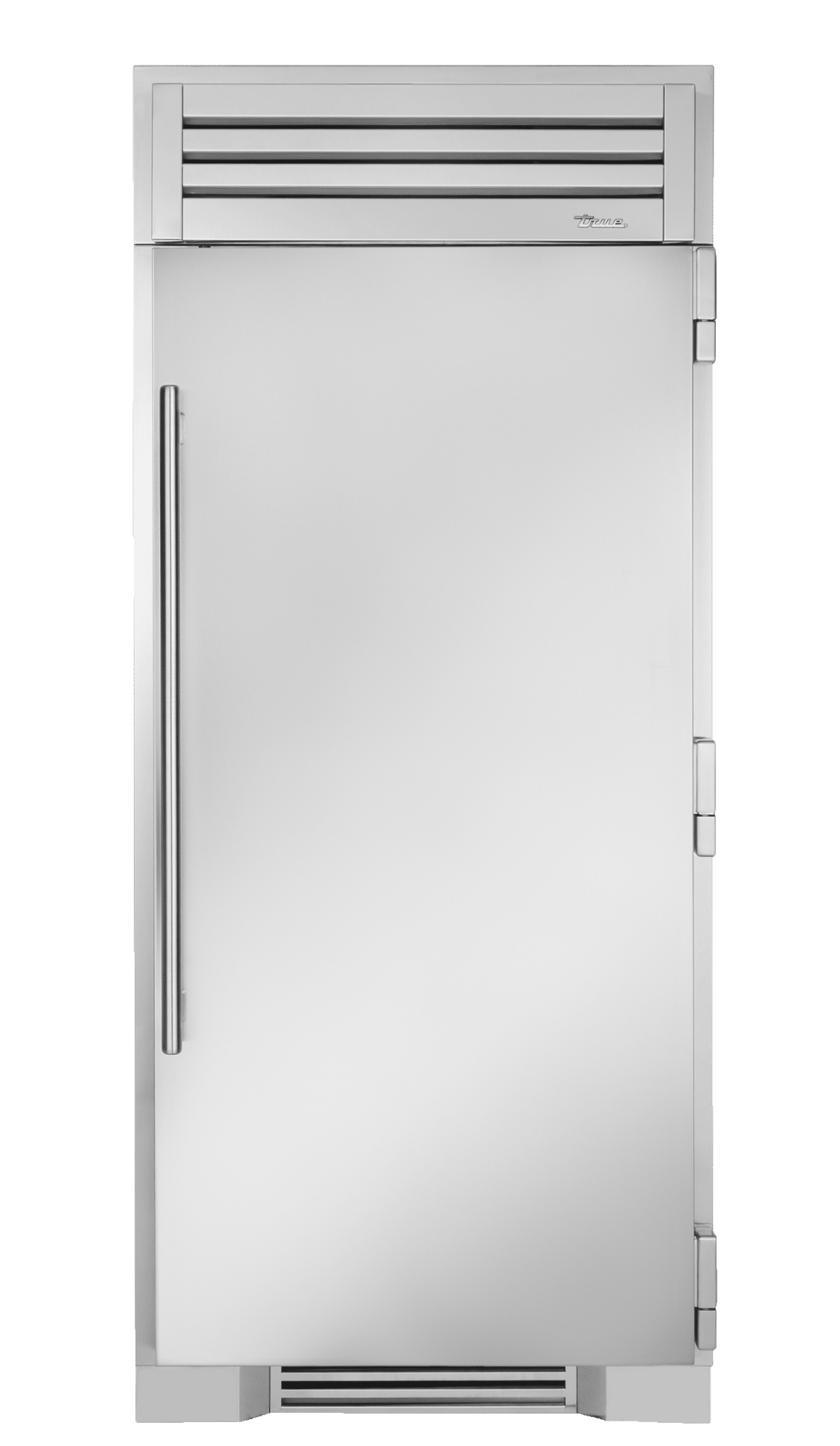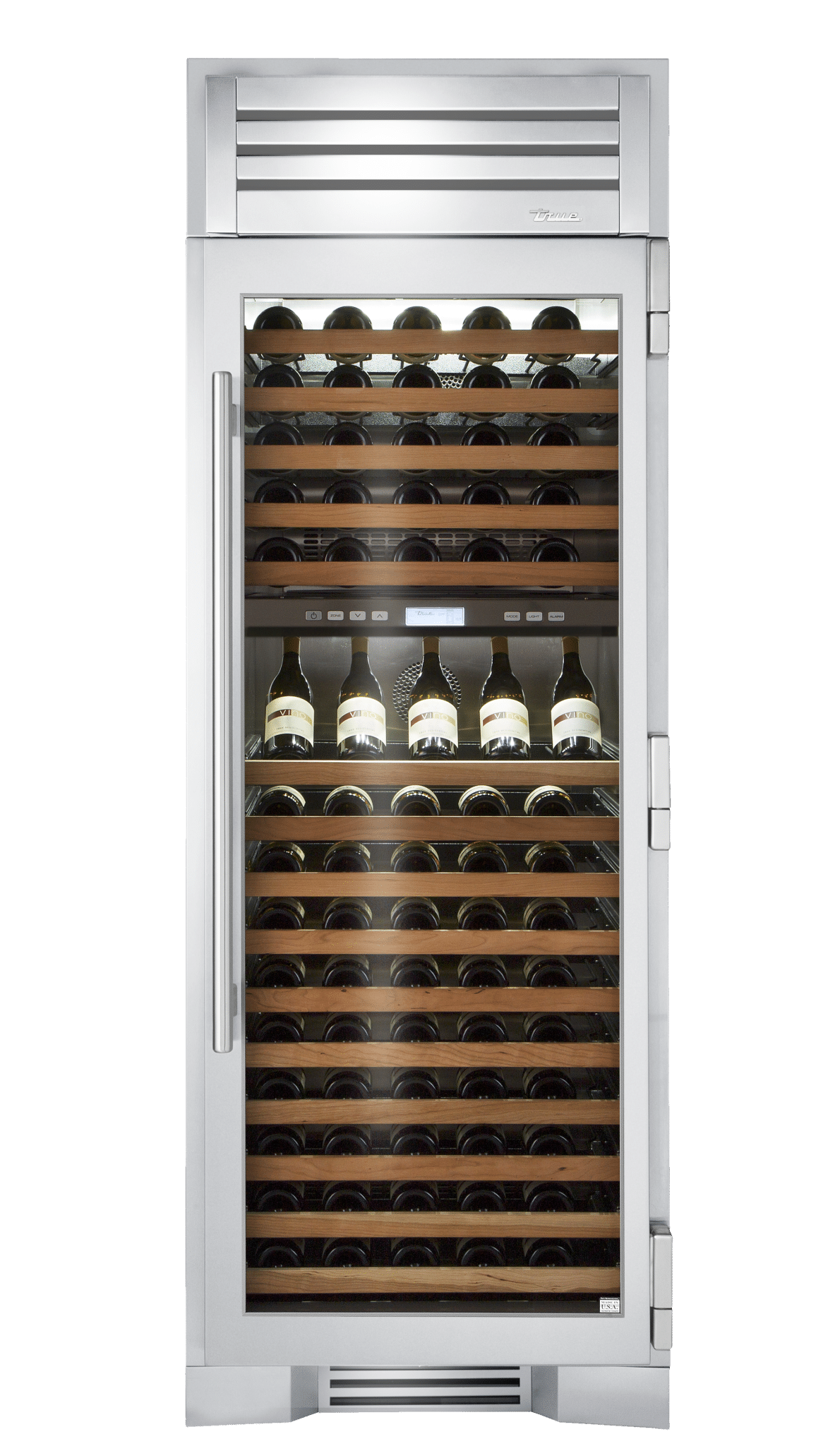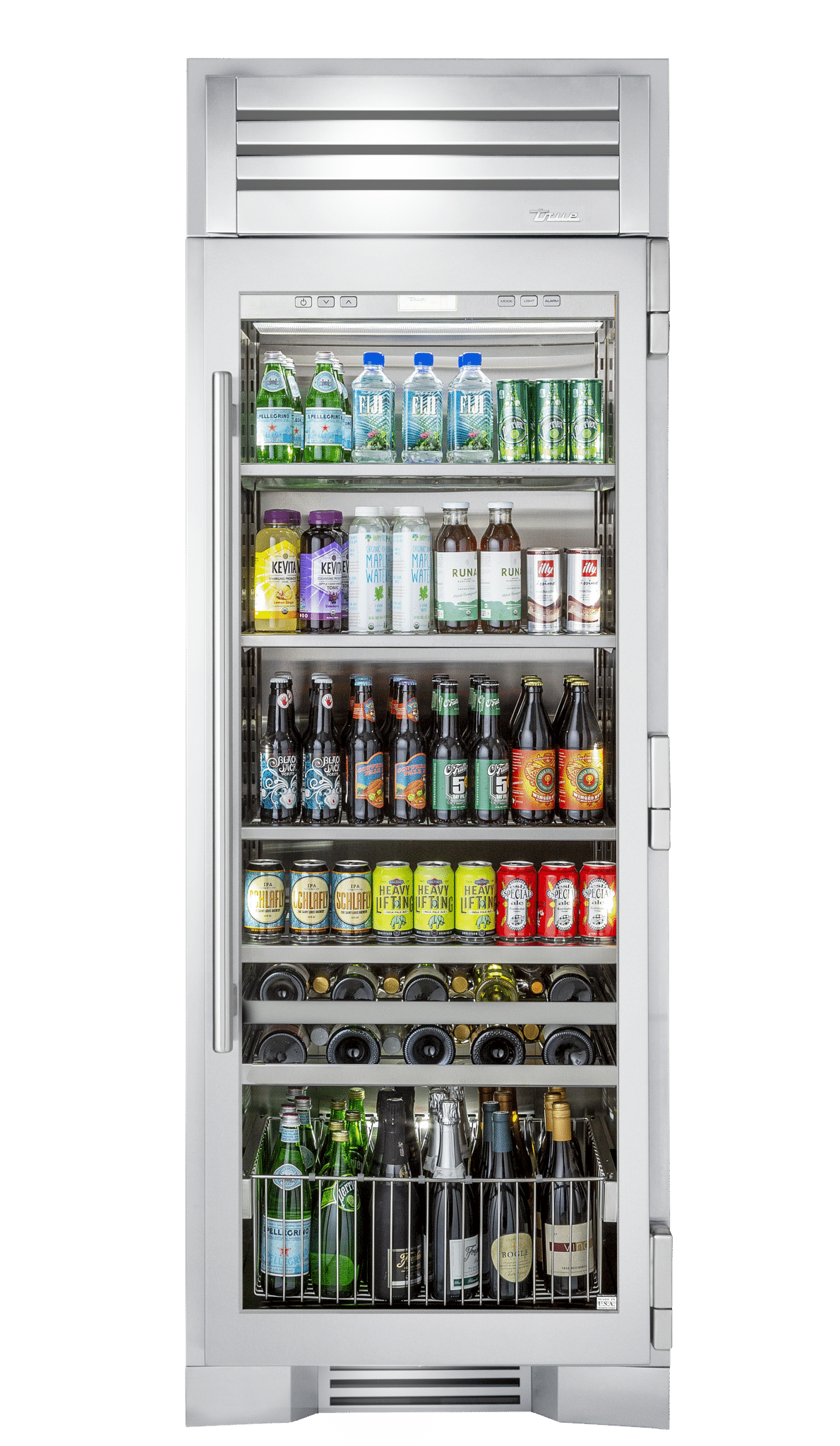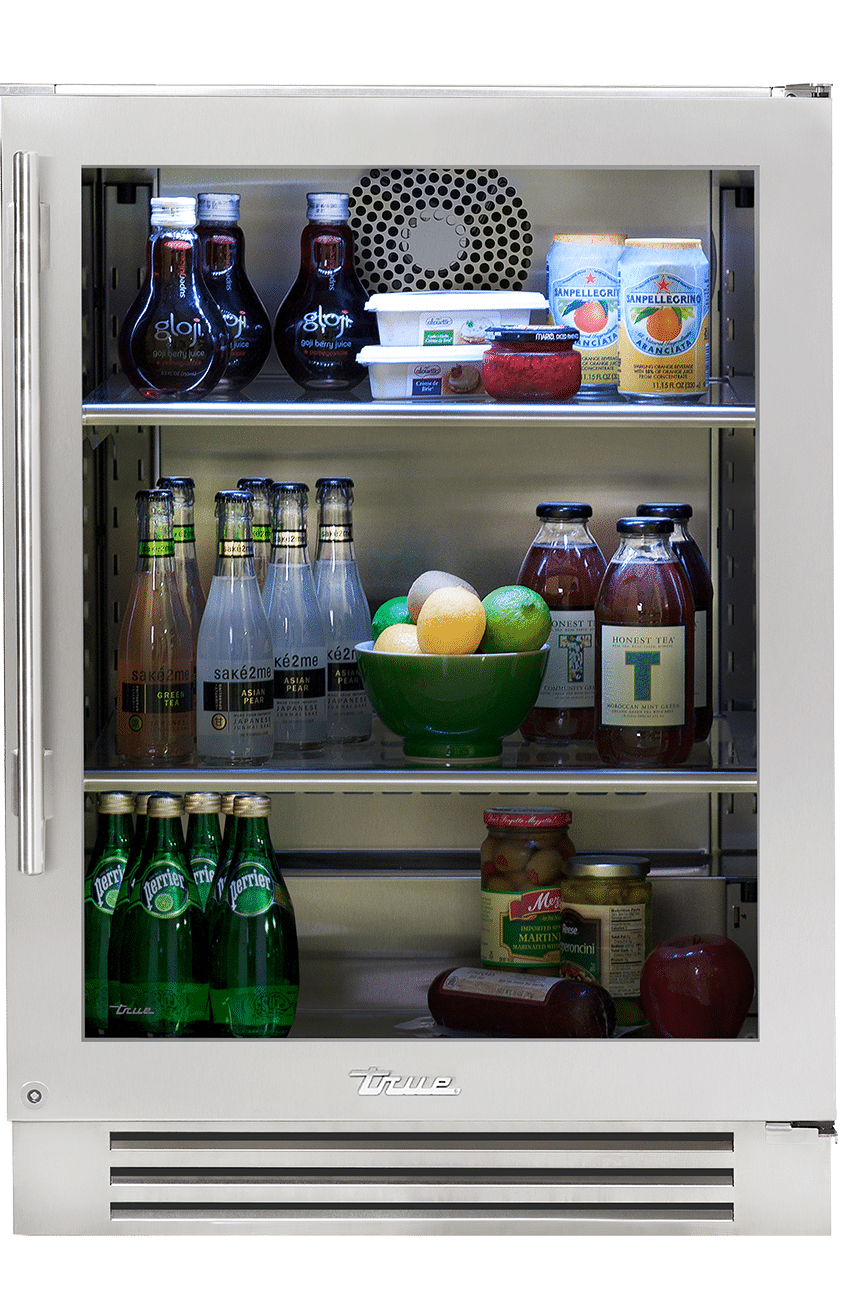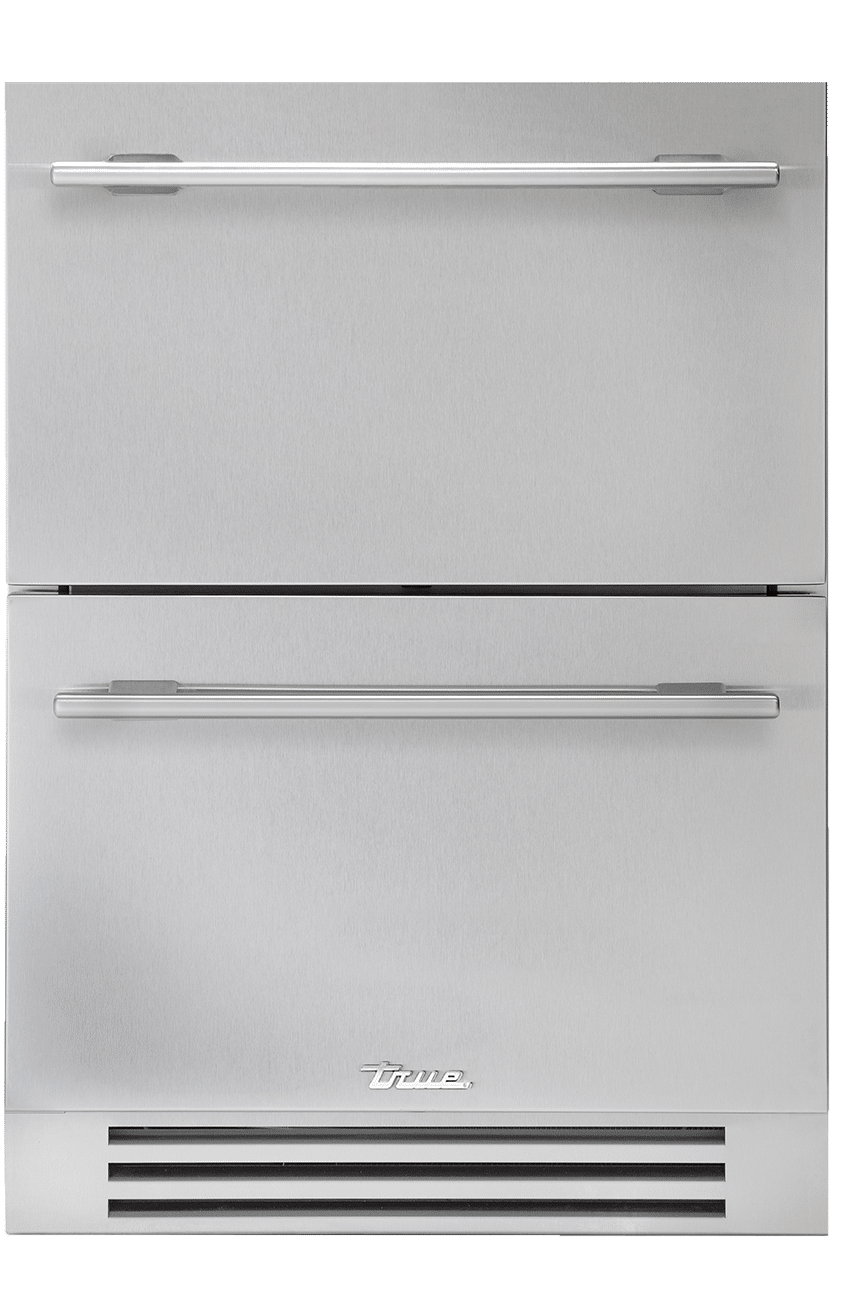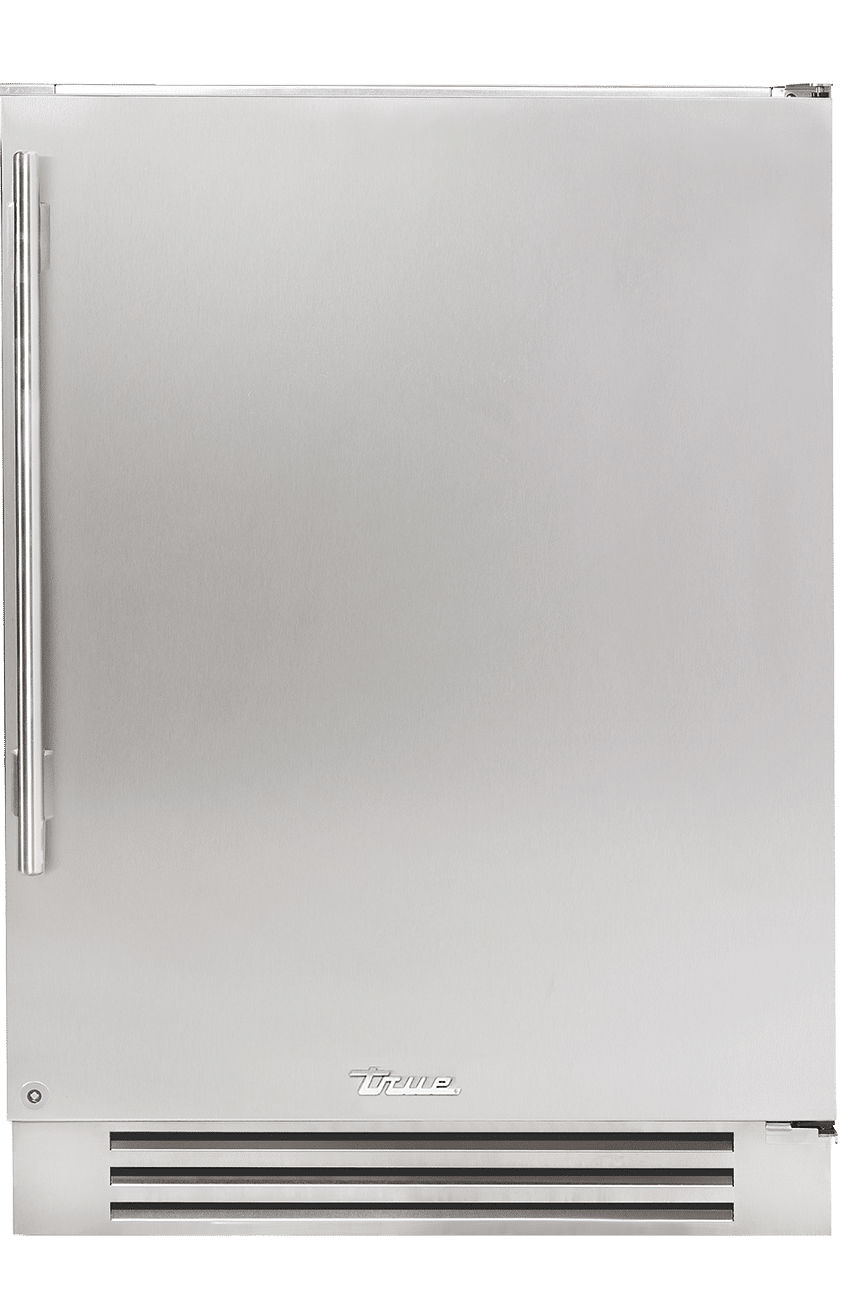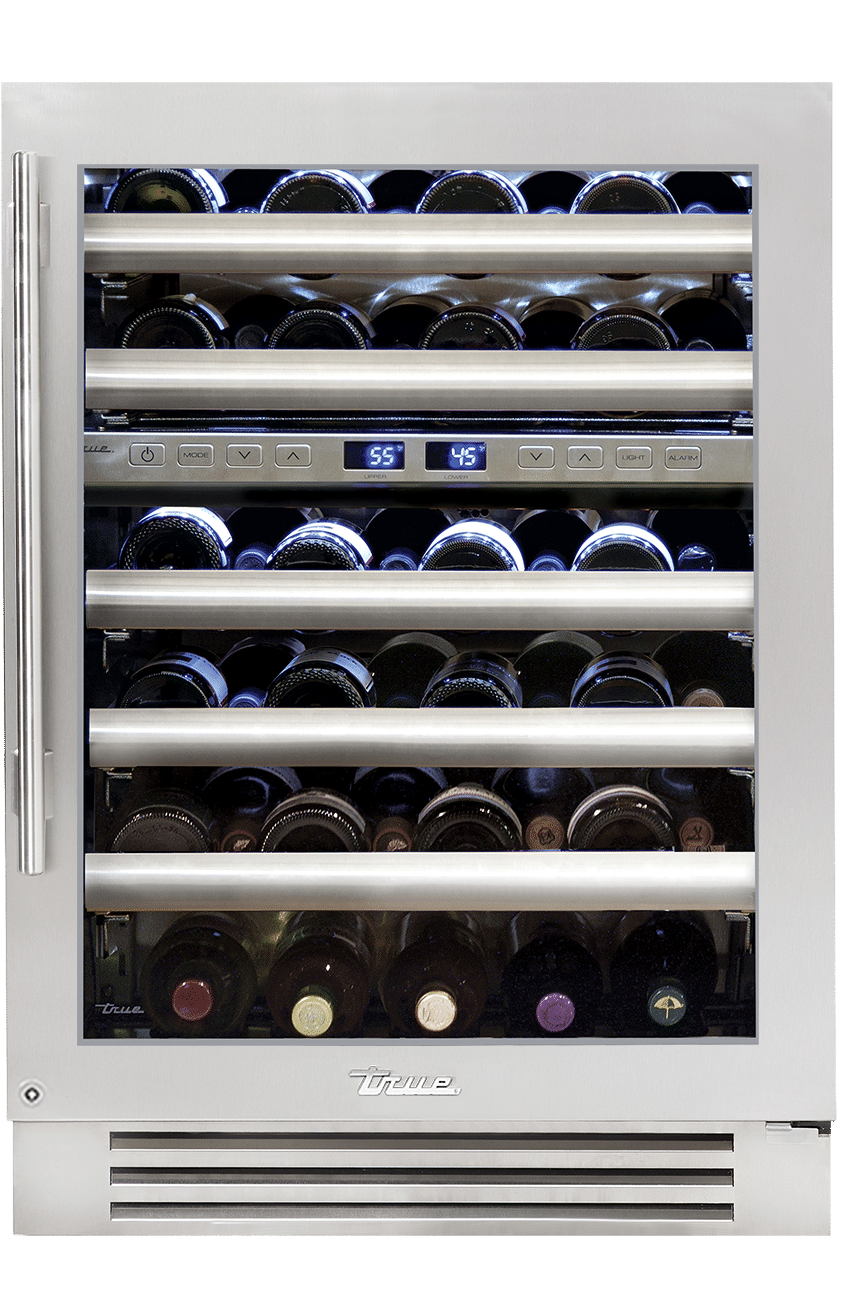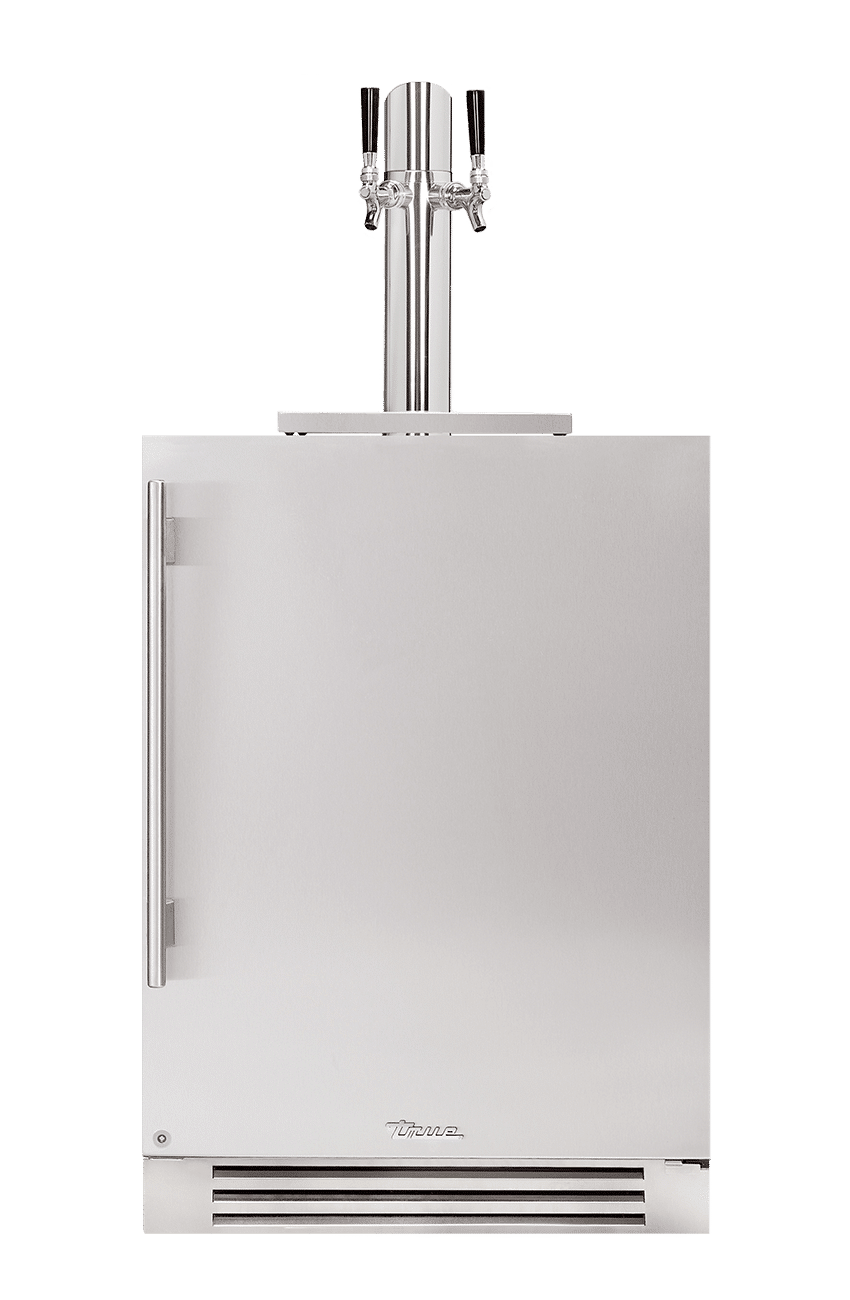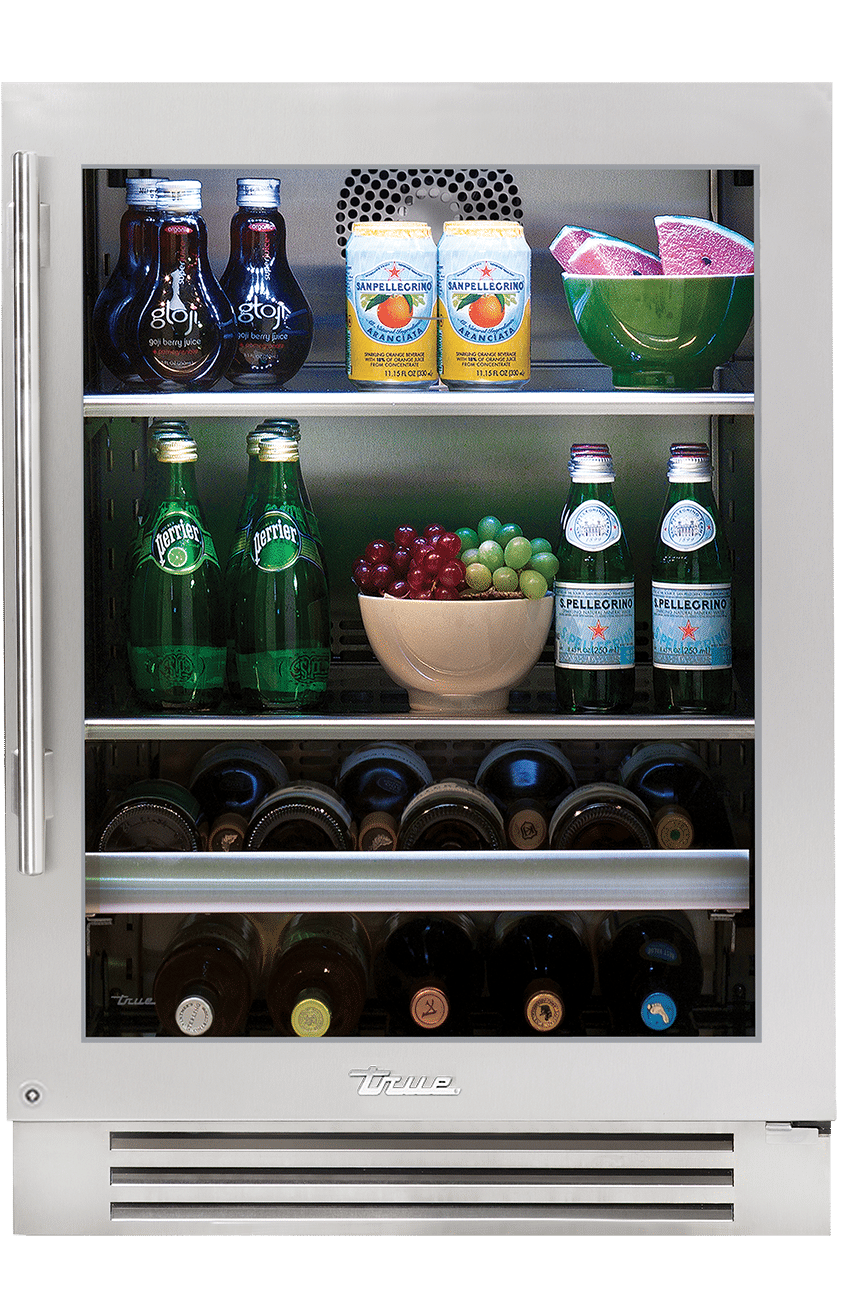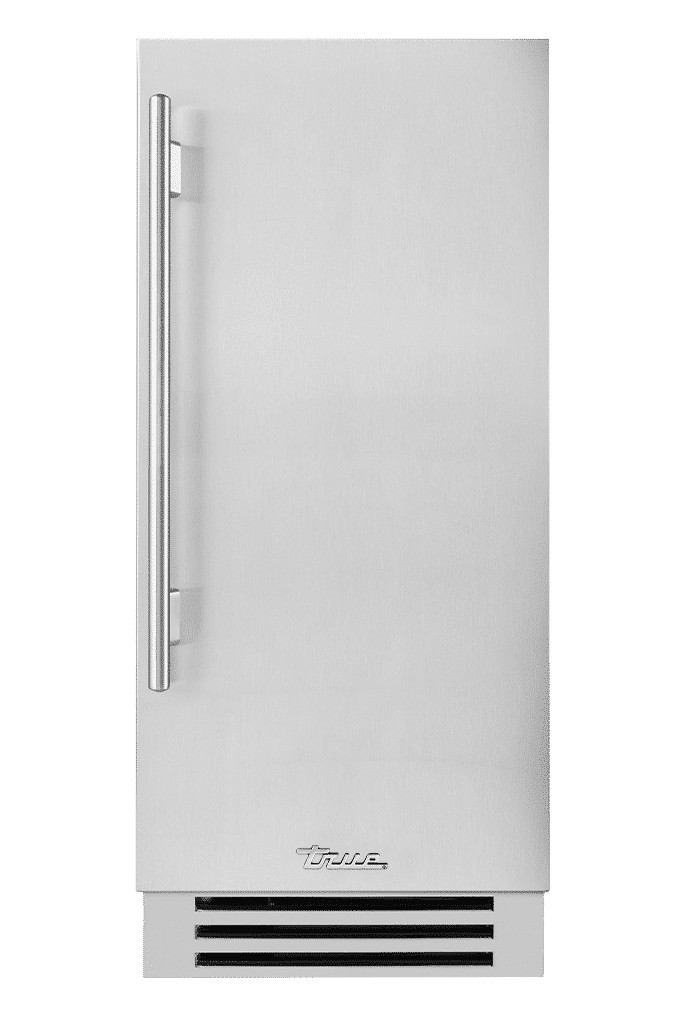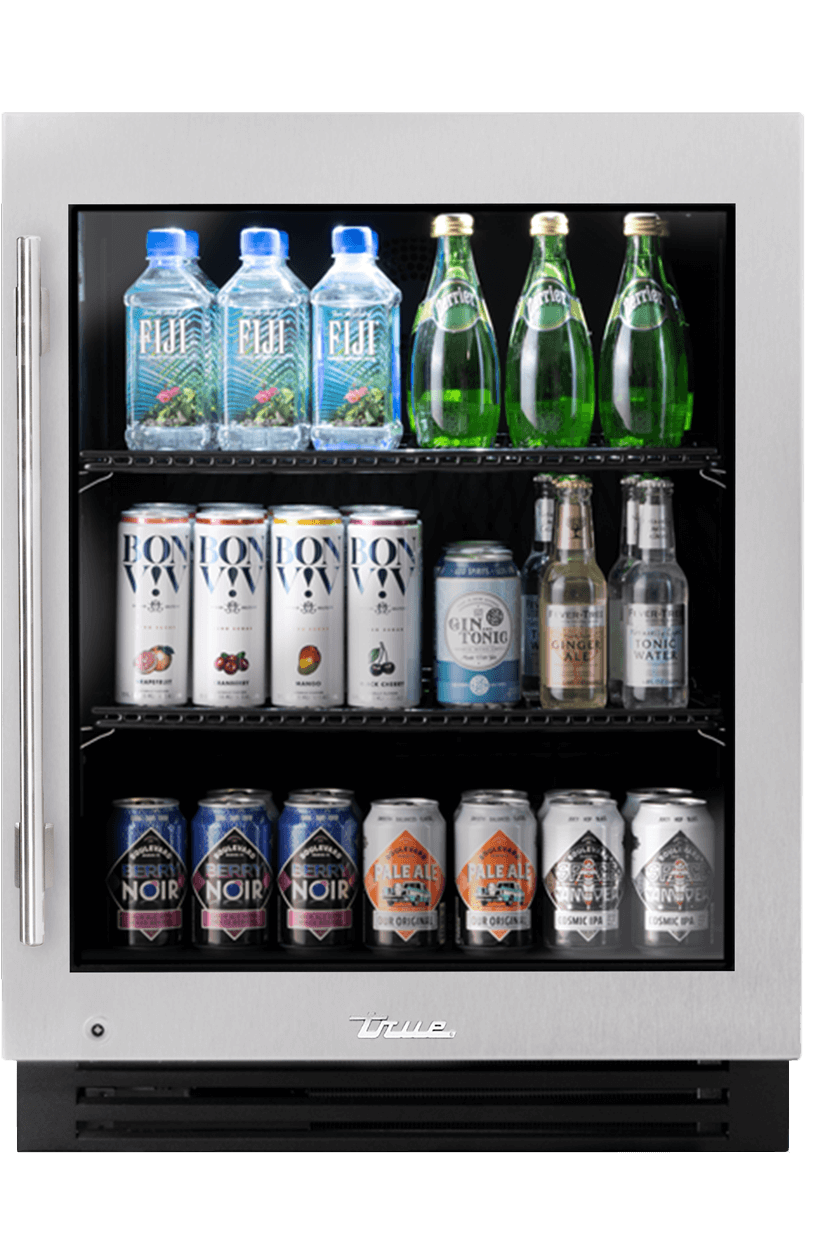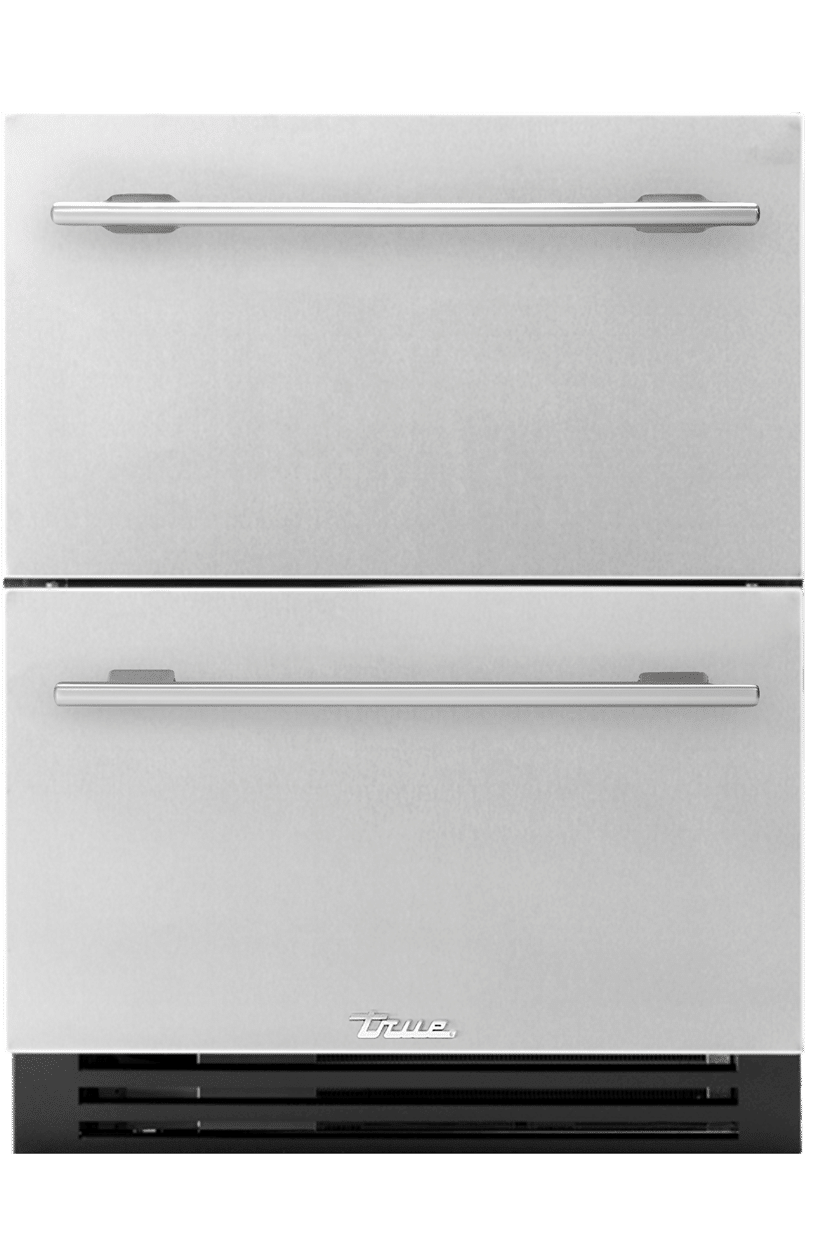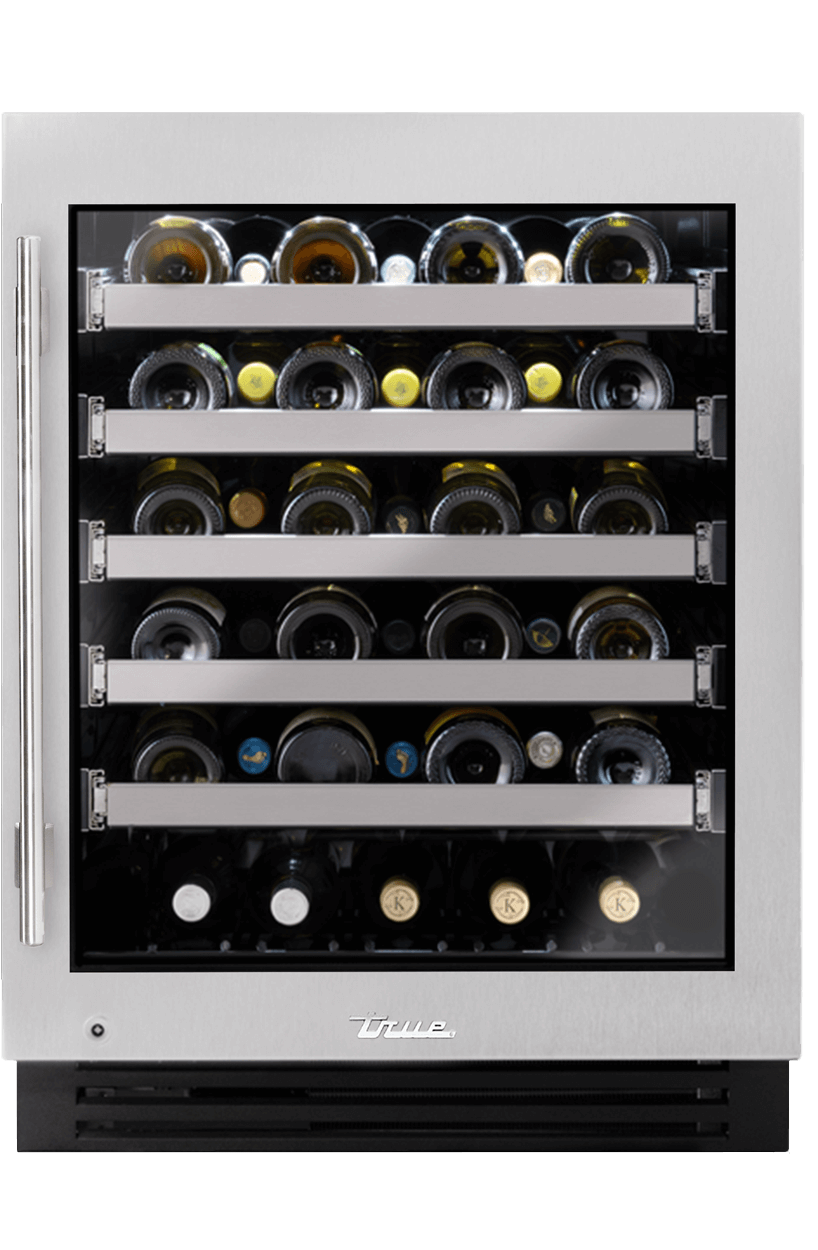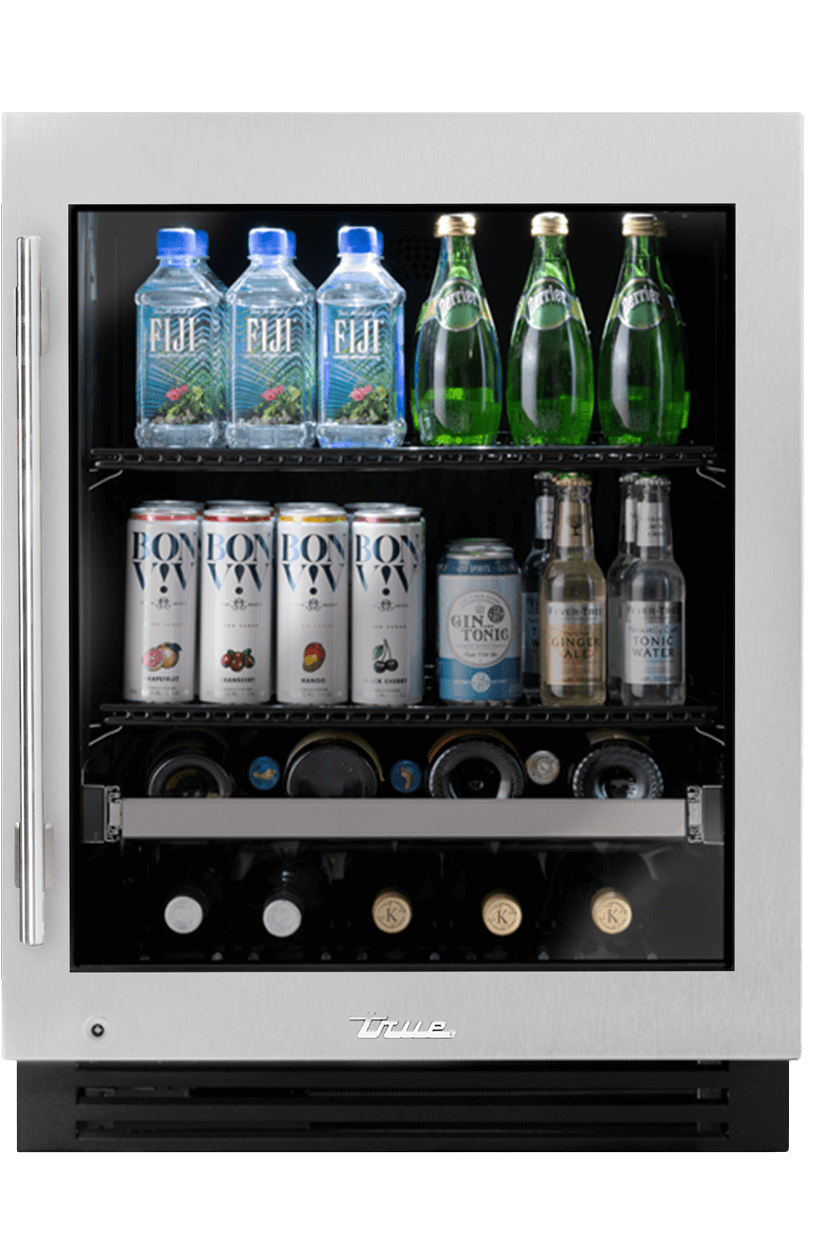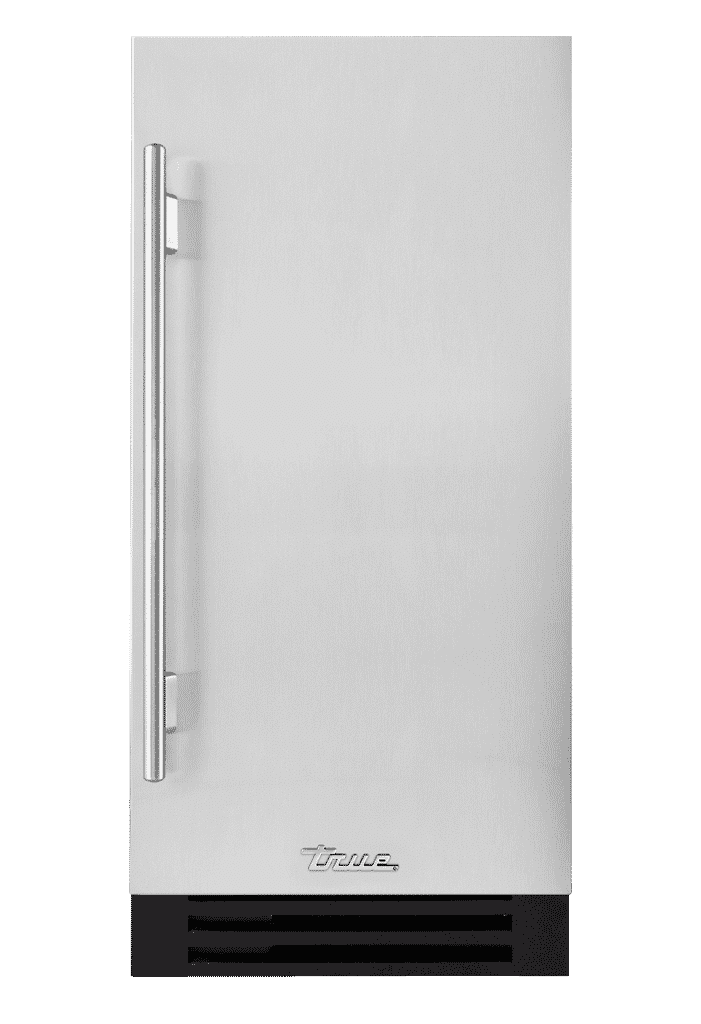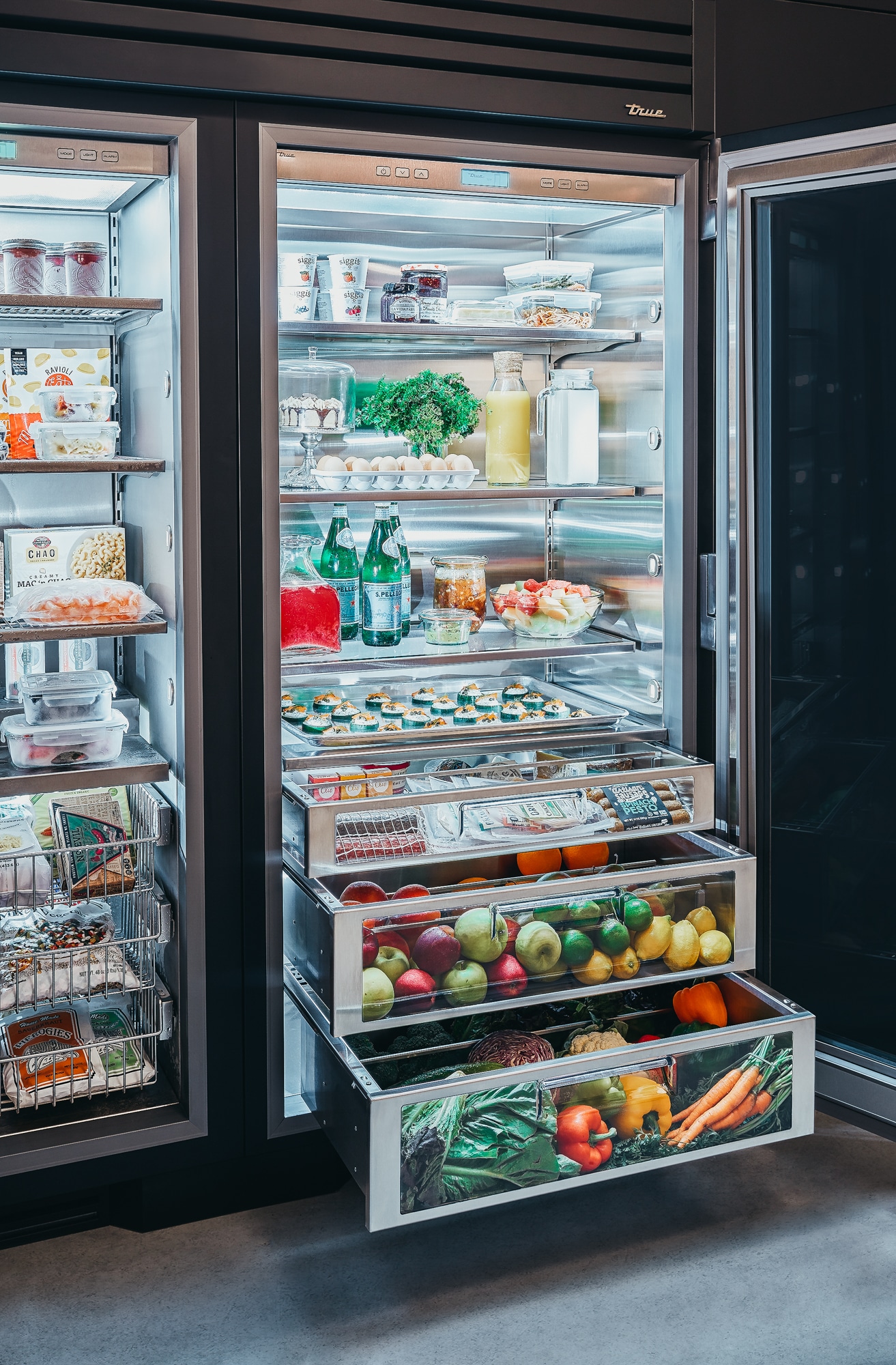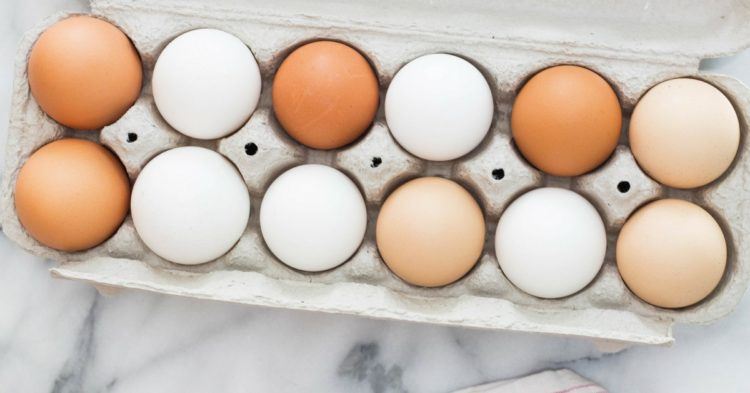
This could be eggs-actly the dinner you ate tonight: eggs over easy, scrambled eggs, poached eggs or hard-boiled eggs on toast. Whether you’re a breakfast for dinner diner, a carb-conscious eater or simply you haven’t been to the grocery store lately, there are so many recipes and techniques when it comes to dishes to be made with eggs. And with the growing trend of homeowners in the county (and of course those with more space beyond suburbia) having chicken coops and pens in backyards, eggs are a more than common staple in the kitchen.
Have you ever wondered the best way to wash and store those fresh eggs? For starters, did you know dirty looking eggs from your hens aren’t always necessarily dirty? If you wash the eggs right after collecting them, bacteria could actually get through the pores of the shell and hurt the inside. So keep that natural coating, or “bloom,” on the shell until you are ready to cook and consume the egg. If your pen or coop is clean, the egg should be pretty clean too.
Now onto the most important fact: eggs, whether freshly collected or store bought, stay best longer when kept cold. How do we know? We are the refrigerator experts! Some eggs can stay fresh for up to a month when refrigerated whereas those left on the counter won’t make it past a week or two. Here’s some food for thought: devote an entire undercounter refrigerator drawer to just the eggs and your fresh herbs from the garden, and it will feel like you’ve brought that farm fresh breakfast right into your kitchen. Here are some basic egg tips to brush up your skills!
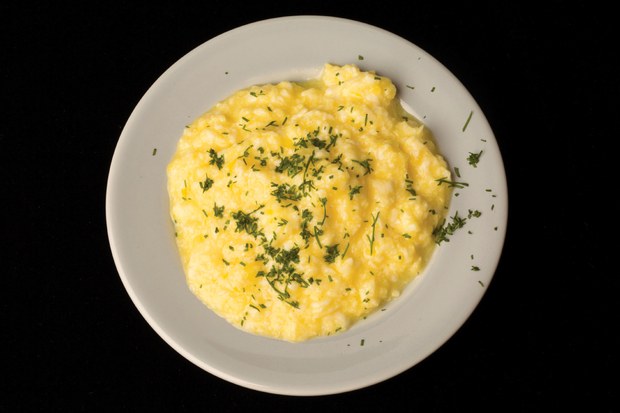 |
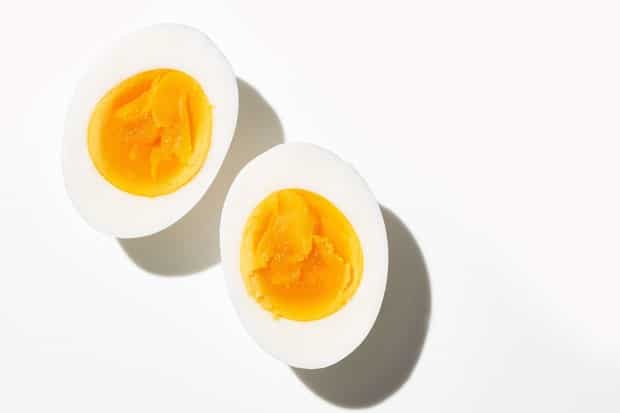 |
Scrambled Eggs
Everyone has a different spin on these, whether you mix them in a bowl first or mix them in a pan, or add milk or cream. We suggest these basic ingredients: Eggs, salt, pepper, butter. A metal bowl for mixing and a whisk works best to create the perfect mixture, and a non-stick pan is recommended for cooking.
Boiled Eggs
Place your eggs in a pot and cover with cold water at least by an inch. Boil them 8-10 minutes and then remove from the heat to cool. Drain the warm water, cool the eggs in ice water and then peel them.
Sunny-Side-Up Eggs
It’s best to cook each egg separately unless you have a pan large enough to leave space between your eggs so that they don’t touch. Melt 1-2 teaspoons of butter per egg and then crack the egg directly into the pan. Cook 4-5 minutes then serve. For a harder yolk, flip the egg after 4 minutes and cook on the other side. Reduce heat to a simmer and cover the pan with a lid. Serve.
